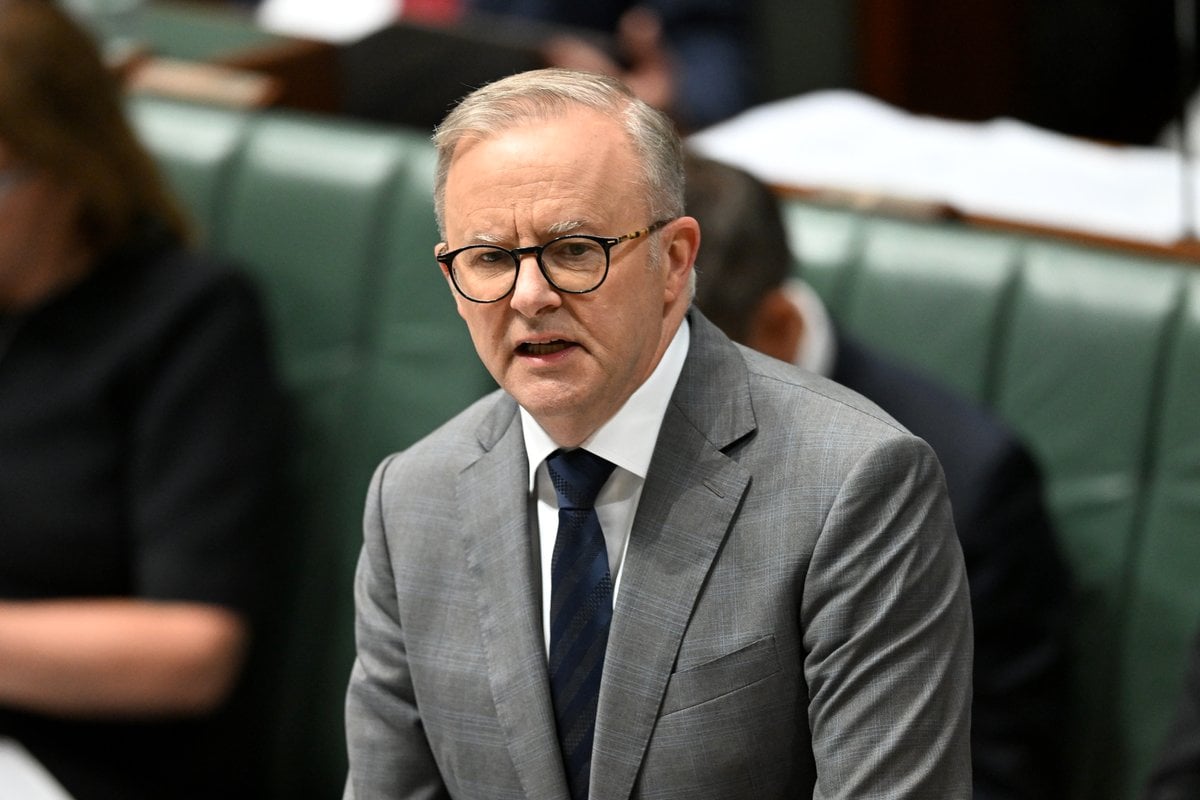
Australians who share others' personal information without their consent have been put on notice as the government fast-tracks moves to criminalise "doxxing".
Hundreds of public figures with Jewish heritage who were members of a private WhatsApp group had their names, photos and social media accounts published online by pro-Palestinian activists.
Prime Minister Anthony Albanese told Nine Radio the incident prompted a decision to move quickly to criminalise the practice.
"I've asked the attorney-general to bring forward legislation in response to the privacy act review, including laws that deal with so-called doxxing, which is basically the malicious publication of private information online," he said.
Pro-Palestinian advocates who shared the transcript from the WhatsApp group have defended the move as being in the public interest and rejected the suggestion it was doxxing. They argue personal details beyond names were largely redacted.
Attorney-General Mark Dreyfus is now exploring laws that would address doxxing and strengthen hate speech protections.
The government's online safety watchdog defines doxxing broadly as "the intentional online exposure of an individual's identity, private information or personal details without their consent".
Asked for his definition, Mr Dreyfus said it was "the malicious release, publicly, of personal information of people without their consent".
"The recent targeting of members of the Australian Jewish community through those practices like doxxing was shocking but sadly, this is far from being an isolated incident," he told reporters this week.
